
Podcasts and Videos
Understanding Hate and Hate Speech: What does it mean for women and other oppressed groups?
Living under constant fear of being targeted with religious hate and hate speech is a shared experience of Sri Lanka’s Muslim community. In this podcast, journalist and researcher Sara Pathirana talks to Sheikh Arkam Nooramith – a Sri Lankan Islamic scholar, and Ms. Hafsah Muheed – an experienced professional working on gender-based violence and women’s health, about how the community deals…
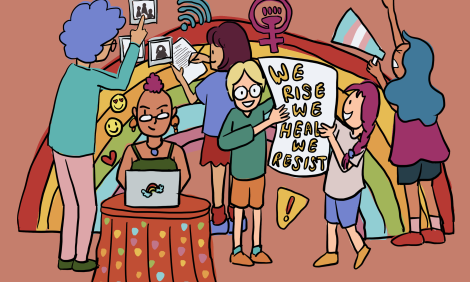
Feminist talk
We Rise, We Heal, We Resist
Indonesia has celebrated gender diversity even before the country's independence. This is indicated by the existence of five genders in the Bugis (South Sulawesi) tradition, namely: Makunrai (female), Oroane (Male), Calabai (Male with women soul), Calalai (Female with man soul) and Bissu. During the Old Order in Indonesia, some of these groups were targeted, and in the contemporary, there are…
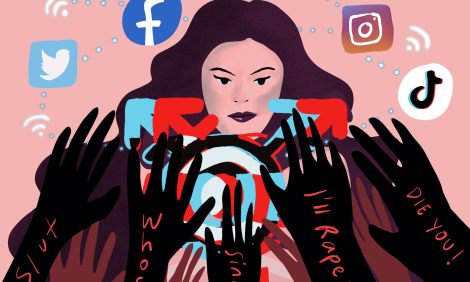
In depth
Misogyny as a commodity in digital spaces
Violence has a way of manifesting itself across different platforms – SMS, Zoom, Telegram, Facebook including the newly emerging platforms like Tik Tok and Clubhouse. The problem, therefore, lays not merely in the technology itself, but the underlying logic and profit model that propels the modus operandi of the algorithm, the content moderation policy and all other technologies deployed to…

In depth
Citizen data and freedom: the fears of people living with HIV in India
People living with HIV and AIDs in India face greater risk of exposure in relation to their private health information and data, especially as the government, hospitals, insurance companies etc. collect data. COVID-19 crisis also raises concerns whether big data is a tool of prevention and health care or at the service of government repression.
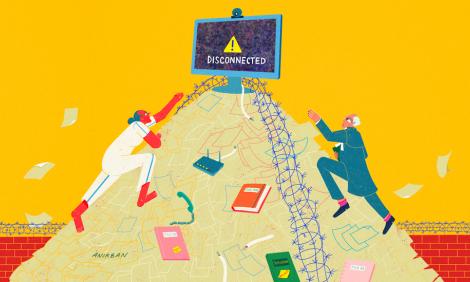
Feminist talk
Disappearing rights: Undertrials and prisoners during lockdown
All over the world, prisons are potentially ground for the spread of the COVID-19 contagion, but another factor at play is the role of repressive governments at this moment continuing to imprison activists. This article looks at what prisoners can still access from jail and the effectiveness of online "visits" for prisoners from their lawyer and families in India.
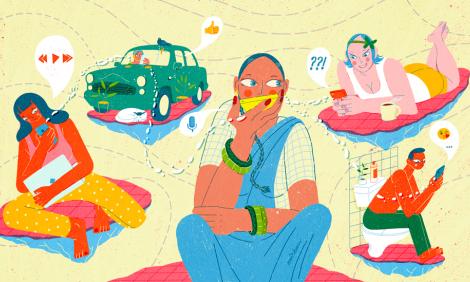
Feminist talk
Hello? How Can I Help You Today? : Mental Health concerns for LGBTQIA+ people during Covid-19
LGBTQIA+ people are often already isolated, invisibilised in their families and sometimes also facing abuse. In this article, mental health professionals speak about the vulnerability of these groups and people during the lockdown and how fragile links of community and support are still being built.
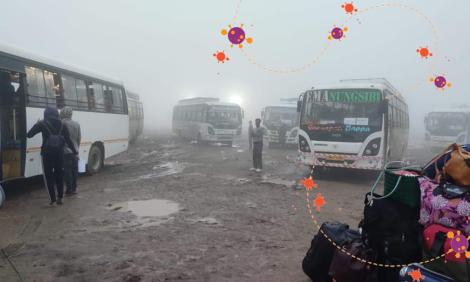
Feminist talk
Precarious future for returnees coming back to Manipur
More than 45,000 people have registered to return to their home-state Manipur, and a large number of them are women nurses who faced discrimination and harassment while they were doing their jobs in mainland India. Returnees now face a precarious future regarding where they live, their jobs and their future.

In depth
Grassroot Solidarity to Fight the Pandemic: From Farmers to Queer Communities
How are the LBTQI+ people and communities facing the difficulties posed by the global pandemic and the lockdown? This article explores the emergence of solidarities amongst different marginalised groups including farmers and queer communities, to ensure food, work and basic survival.

Feminist talk
Who Run The Instagram Live? Girls!
It was the best of times, it was the worst of times. Shakespeare wrote most of his plays during the bubonic plague, and now women and queer artists use the internet and social media to open up spaces for marginalised communities and bodies.
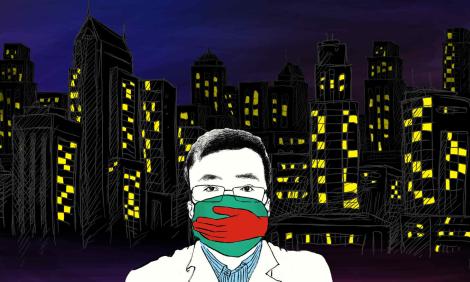
Feminist talk
What you need to know about censorship in China around COVID-19
The pandemic has amplified our need for a safe and secure internet, but can we have one now without surveillance and censorship. Read here to know what happened at the original epicentre of the COVID-19 virus and what measures of internet censorship were deemed necessary by the Chinese government to bring the pandemic under control.




